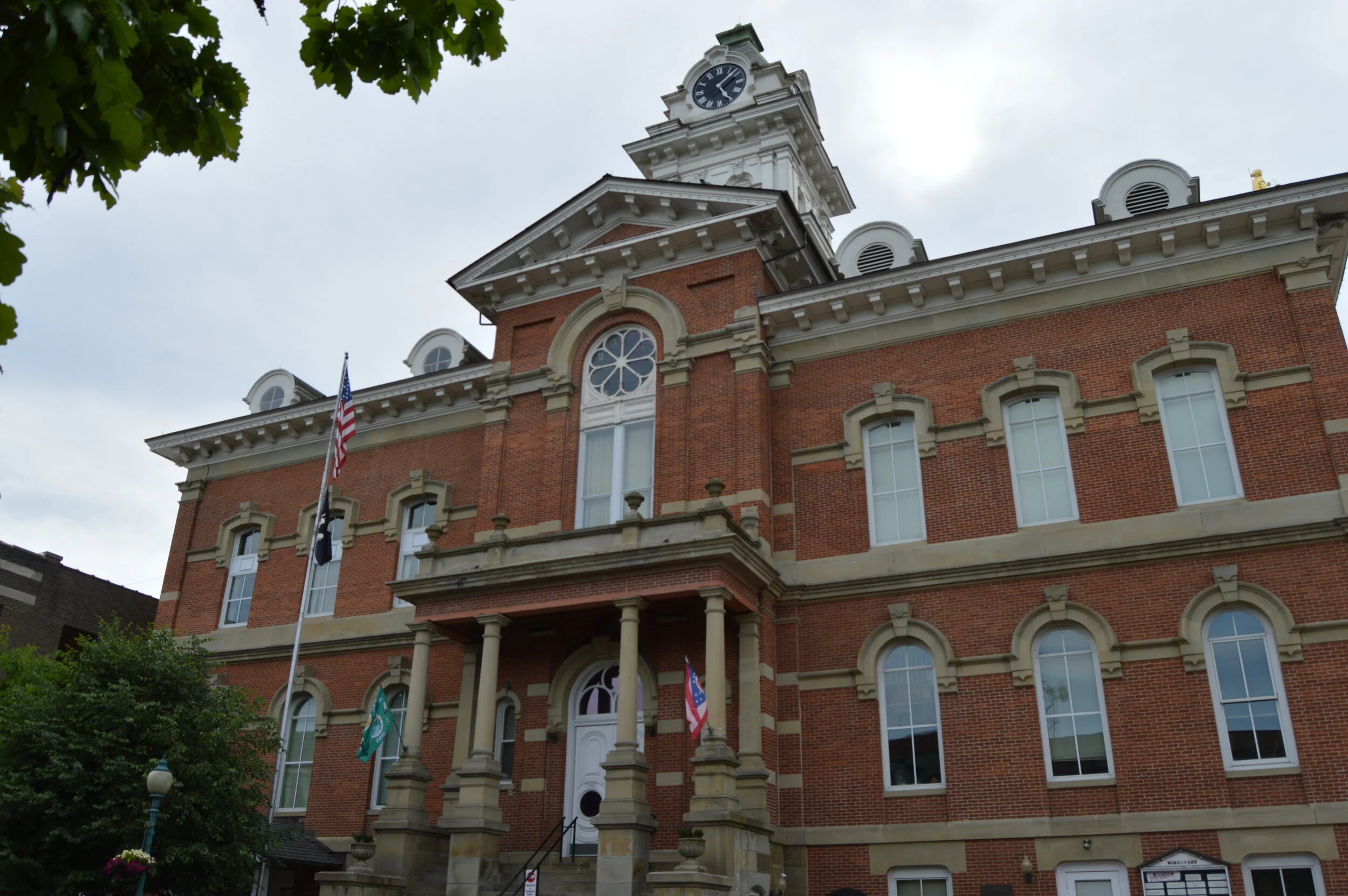Qualified immunity and its effect on politics
Athens County Courthouse. Photo by Bo Kuhn.
Editor’s Note: This story originally appeared in The New Political’s Summer Magazine: “Coming Home.”
Qualified immunity, first granted in 1871, is a legal doctrine in the United States protecting government officials, including police officers, from “frivolous litigation.”
A legal doctrine is an important rule or set of rules with a long history in court cases, setting a precedent that has become widely followed.
This particular legal doctrine helps protect those it applies to from individual liability unless the official had violated a clearly established constitutional right.
In the Ohio Revised Code, immunity is granted to public officials when they do not commit the act outside of their employment or responsibilities, the act was not reckless or without malicious purpose and when specific liability is imposed in sections of the Ohio Revised Code.
The United States Supreme Court used judicial policymaking to officially create qualified immunity in 1982. The modern test to determine if qualified immunity can be granted to a government official was created in the case Harlow v. Fitzgerald.
In the case of qualified immunity, the only ones present in the discussion to create the policy were the judges in the U.S. Supreme Court in 1982. Policymaking typically occurs in state and federal legislatures after long periods of time when discussions and testimonies of relevant parties occur.
Harlow v. Fitzgerald instituted a test to determine if qualified immunity applies: “where an official could be expected to know that certain conduct would violate statutory or constitutional rights, he should be made to hesitate; and a person who suffers injury caused by such conduct may have a cause of action.”
When granting qualified immunity to a police officer or government official, judges look for two things: the presence of a civil rights violation and if there is an established precedent.
There are still cases where, if one of the tests show a violation occurred as a result of an action undertaken by a public official, the public official is still granted qualified immunity to shield them.
Qualified immunity holds public officials to a lower standard when committing violations, whether it be constitutional or explicitly written in law. This allows there to be more leniency in determining if a public official can be found guilty of these violations.
When a case involving the defense of qualified immunity arises, the victim must provide evidence that the action of the official in question has violated a “clearly established” law by exhibiting another case where the same situation arose and qualified immunity was not granted to the public official.
These cases open up the option for a judge to not review a case, to just say there is insufficient evidence from a similar case in the past and to grant qualified immunity. This creates the potential for fewer instances where courts resolve constitutional issues to create precedent for future cases and in turn, not grant qualified immunity to other officials who may violate explicit laws in the future.
In recent years, there has been increased support for reforming qualified immunity when it concerns the blanket protection police officers may receive. An example of this is when a police officer uses excessive force while arresting an individual.
The argument in support of qualified immunity is for government officials, specifically police officers, to be able to conduct actions within their jobs without fear of lawsuits being brought against them. Justification for this argument is the concern that public officials could be bankrupted by the results of civil lawsuits.
Qualified immunity may protect public officials in cases where mistakes were made, but it has allowed officials across the country to act before thinking.

